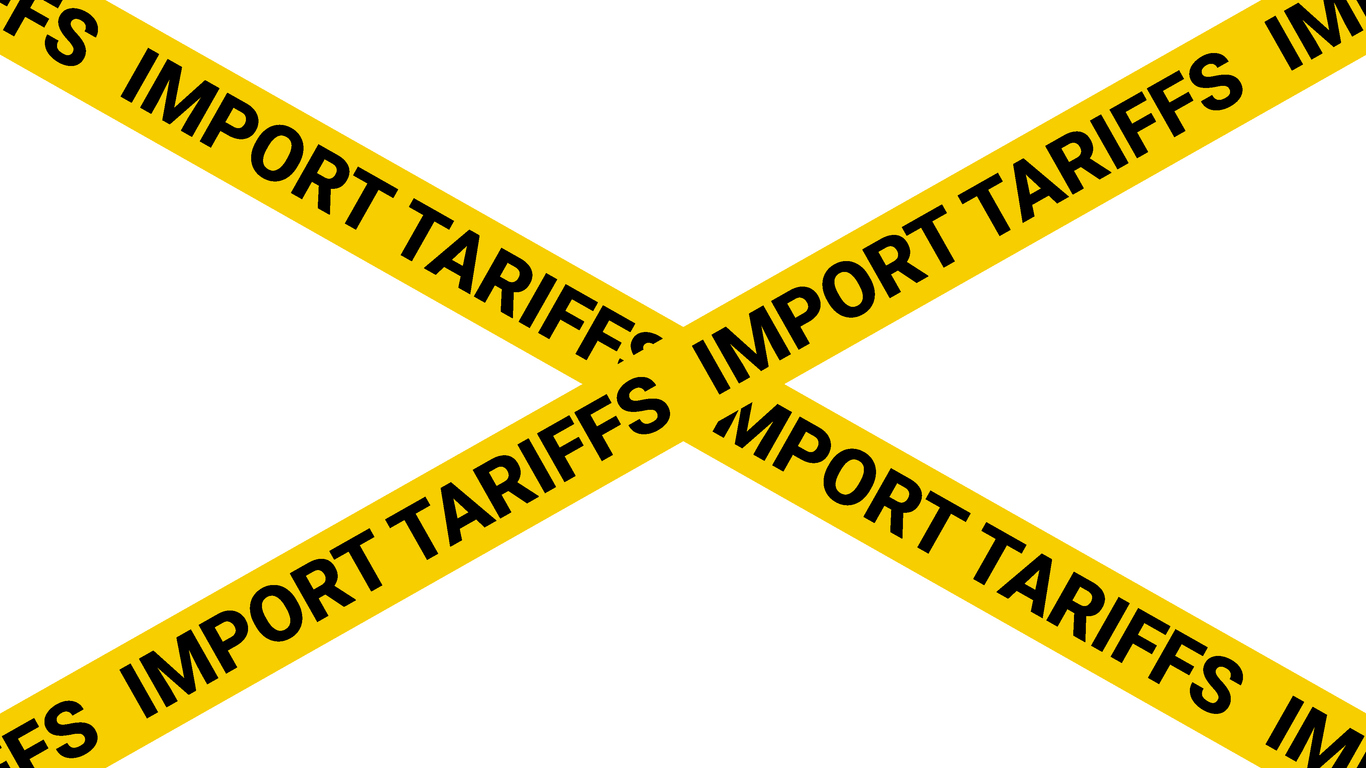Exploring Pharmaceutical Companies in Nigeria: What Businesses Need to Know
Nigeria’s pharmaceutical industry has grown rapidly over the past decade, driven by increasing demand for healthcare products, government policies supporting local manufacturing, and a rising population with evolving healthcare needs. For businesses and investors looking to engage in Nigeria’s healthcare sector, understanding the landscape of pharmaceutical companies is critical.
Overview of the Nigerian Pharmaceutical Sector
The Nigerian pharmaceutical industry is one of the largest in Africa, with over 115 registered pharmaceutical manufacturers and numerous distributors and importers. The sector is dominated by both indigenous and multinational companies that produce medicines, vaccines, and healthcare products. Key segments include generic drug manufacturing, over-the-counter (OTC) medications, and specialized pharmaceutical products.
Despite the growth, the sector faces challenges such as regulatory compliance, supply chain inefficiencies, and occasional shortages of raw materials. Addressing these challenges presents opportunities for businesses, particularly those involved in logistics, import/export, and wholesale distribution.
Leading Pharmaceutical Companies in Nigeria
Several pharmaceutical companies stand out for their quality, scale, and innovation:
-
Emzor Pharmaceutical Industries Ltd – A leading indigenous manufacturer known for OTC drugs and prescription medicines.
-
May & Baker Nigeria Plc – One of the oldest pharmaceutical companies in Nigeria, producing a wide range of generic medicines.
-
GlaxoSmithKline (GSK) Nigeria – A multinational pharmaceutical giant, offering vaccines, OTC products, and prescription drugs.
-
Fidson Healthcare Plc – Focused on innovative healthcare solutions and export-oriented production.
-
Neimeth International Pharmaceuticals Plc – Produces essential medicines and is notable for compliance with global manufacturing standards.
These companies exemplify the blend of local expertise and international standards present in Nigeria’s pharmaceutical landscape.
Opportunities for Business Collaboration
Businesses involved in supply chain management, import/export, and wholesale distribution can find opportunities in partnering with pharmaceutical companies. Sourcing raw materials, distributing finished products, and managing logistics are areas where companies can provide significant value. For example, Wigmore Trading supports businesses by streamlining sourcing, ensuring timely delivery, and connecting clients to trusted suppliers in Nigeria’s pharmaceutical sector.
Navigating Challenges Faced by Pharmaceutical Companies in Nigeria
While the industry is promising, potential challenges include:
-
Regulatory Compliance: Ensuring adherence to NAFDAC (National Agency for Food and Drug Administration and Control) regulations is crucial.
-
Supply Chain Management: Delays in raw material importation can affect production timelines.
-
Market Competition: Both multinational and local players compete for market share, requiring strategic sourcing and distribution.
Practical solutions include working with experienced trading partners like Wigmore Trading, which can provide guidance on supplier verification, logistics management, and market insights to help businesses navigate these challenges effectively.
Conclusion
Nigeria’s pharmaceutical sector offers significant potential for businesses and investors. With a mix of local and multinational companies, diverse product offerings, and a growing healthcare market, there are numerous avenues for engagement. Partnering with reliable trading and logistics experts ensures that businesses can tap into these opportunities efficiently.
Get in touch with our team to learn more about sourcing, distribution, and partnerships with pharmaceutical companies in Nigeria.








Comments are closed.